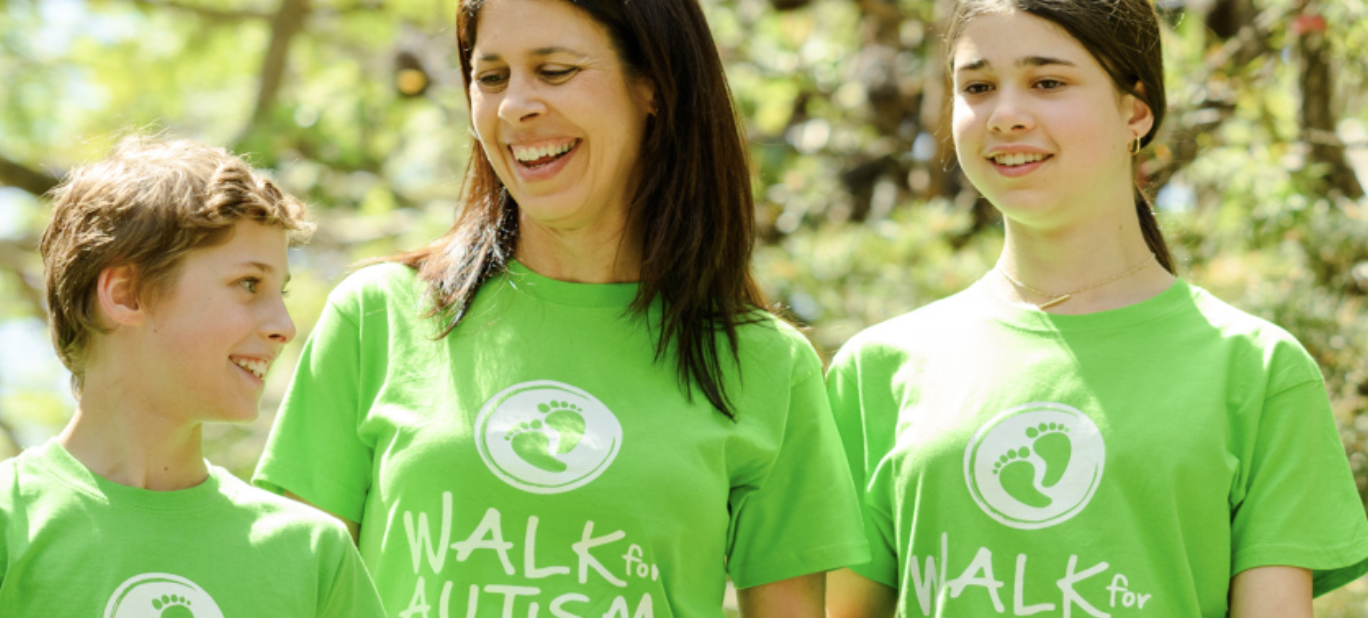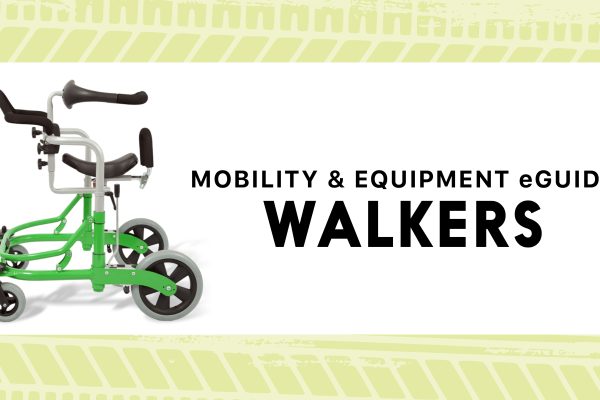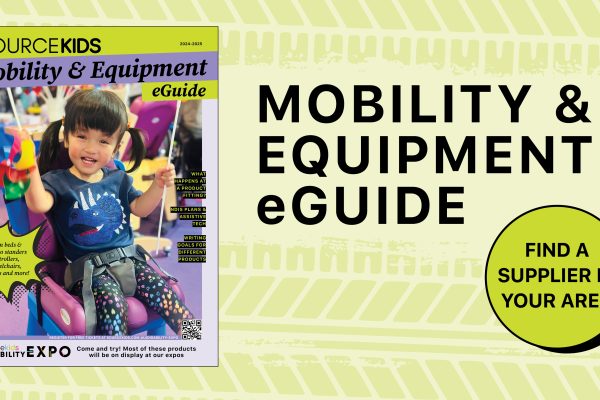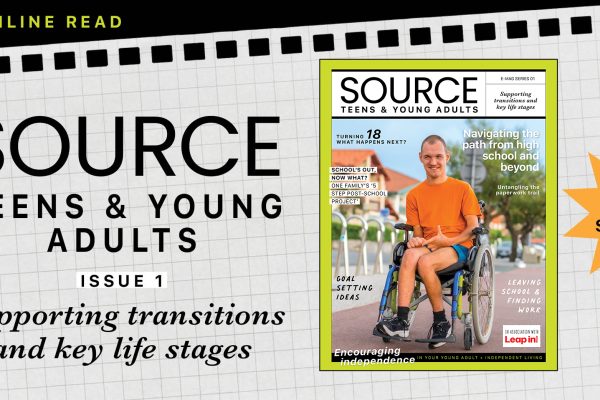
Australians urged to make their steps count for autism this May
Thousands of Australians are gearing up to walk 7k steps a day in May, in a bid to raise understanding and acceptance for the 70 percent of Autistic people who experience mental health issues.
Aspect’s annual ‘Walk for autism’ fundraising campaign is in its ninth year and has raised more than $7.7 million since inception, to support the estimated 1 in 40 Australians[i] on the autism spectrum.
Katherine Payne and her son Callen, who was diagnosed Autistic just before his second birthday, are passionate advocates for an autism-friendly world.
“Raising a child on the autism spectrum is magical, exhausting and relentless,” said Ms Payne. “We had no experience of autism before Callen’s diagnosis, and we felt like experienced parents with three children already, but Callen’s diagnosis changed everything, how we operate and what we do as a family.
“Thanks to a lot of hard work and specialist therapies, Callen, almost nine, is doing well, but there are daily trials that our family works through together, particularly around routines and sensory challenges.”
Katherine and her family use Walk for autism to help educate friends and the wider community about autism in a bid to improve understanding and acceptance.
“Our participation in Walk for autism provides an opportunity to share information and break common stereotypes, which I think is essential to help improve the quality of life for our Autistic community,” said Ms Payne.
“My hope for Callen is that he’s happy. And to be happy, he needs to be understood, feel safe, be part of a community and participate in society in a way that works for him.”
By signing up to Walk for autism Australians will help deliver services that support Autistic people to live their best life, and help create autism-friendly environments where they feel welcomed and understood.
Dr Vicki Gibbs, Head of Research at Aspect said Walk for autism is a highlight on Aspect’s calendar and a wonderful chance to create positive change.
“Knowing thousands of Australians are walking 7k steps a day during May, and dedicating each step to an Autistic person in their life or community, is inspiring and heart-warming,” said Dr Gibbs.
“This year our campaign is highlighting the fact that about 70% of autistic people experience mental health issues and that living in a world that is not autism-friendly can cause or exacerbate mental health problems”.
“We know the world is not autism-friendly and we are working hard to change this, particularly through education, as understanding fosters empathy and acceptance.
“Our Autism Friendly Team works with organisations nationwide to conduct sensory assessments, providing advice on how to improve accessibility and inclusion for Autistic people in a wide range of environments including workplaces, public spaces, events and venues.”
In addition, research shows people diagnosed on the autism spectrum in adulthood are nearly three times as likely as their childhood-diagnosed counterparts to report having mental health conditions.[ii] Access to an early diagnosis may reduce the likelihood of developing secondary mental health problems in later life.
During Walk for autism, participants can choose to walk 7k steps a day for a week, a fortnight or the entire month of May and funds raised will help support Autistic Australians and their families at all life stages. There is no set event or location so participants can walk anywhere, at any time, in any place.
“By signing up to walk you’ll be advocating for an autism-friendly Australia. We welcome Autistic people and their family, friends and workmates to register along with the brilliant individuals and workplaces that step out for this fantastic initiative,” added Dr Gibbs.
To register visit walkforautism.org.au
About Aspect
Aspect (Autism Spectrum Australia) is Australia’s largest autism-specific service provider, with one of the world’s biggest autism-specific schools programs. A not-for-profit organisation, we work in partnership with people of all ages on the autism spectrum and their families to deliver distinct services, practices and research that recognise a different brilliant® – understanding, engaging and celebrating the strengths and interests of people on the autism spectrum.
[i] Aspect calculation based on prevalence studies conducted from 2019–23
[ii] 3 Jadav, N., & Bal, V. H. (2022). Associations between co-occurring conditions and age of autism diagnosis: Implications for mental health training and adult autism research. Autism Research, 15(11), 2112–2125. https://doi.org/10.1002/aur.2808.





